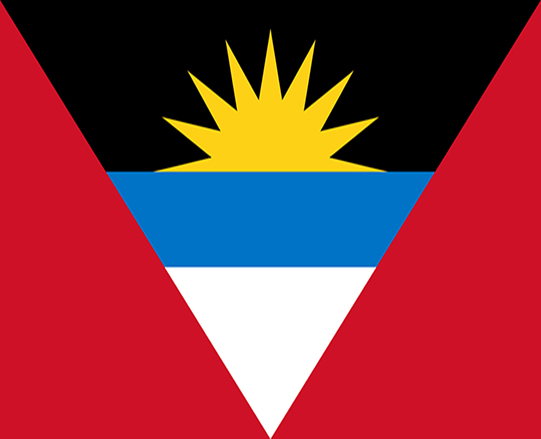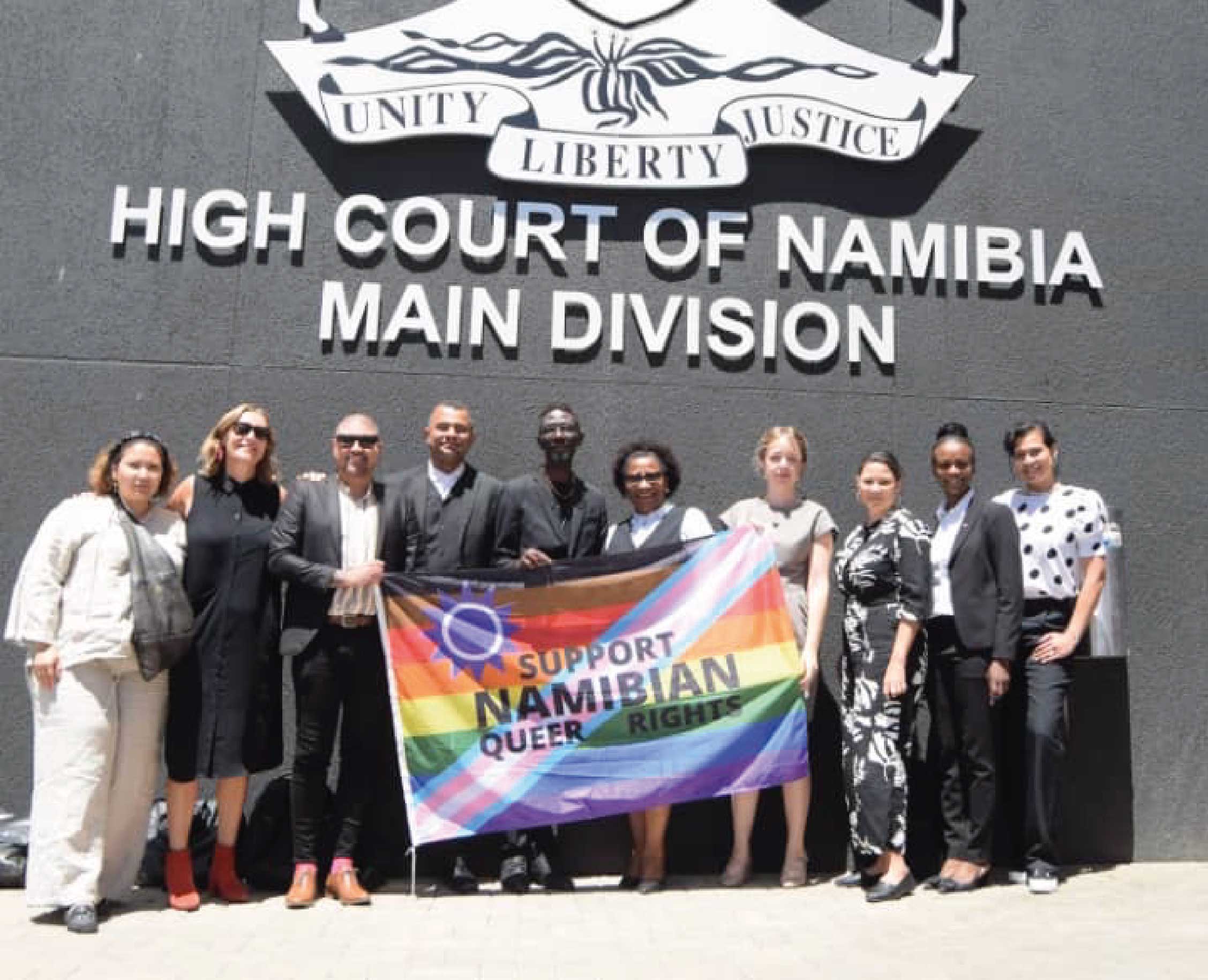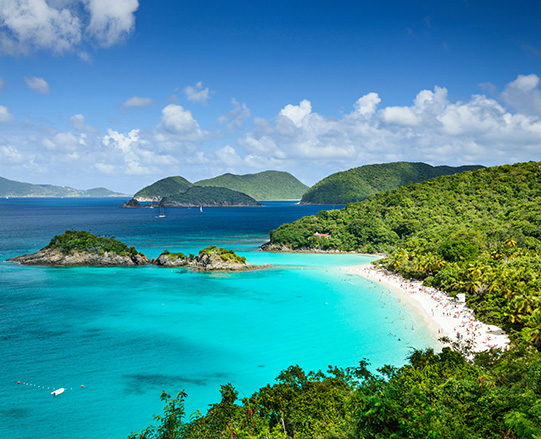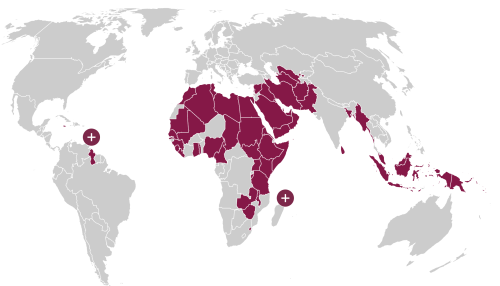The High Court of Antigua & Barbuda yesterday struck down discriminatory criminal laws that targeted lesbian, gay, bisexual and transgender (LGBT) people.
Same-sex sexual activity was prohibited under the Sexual Offences Act 1995, which criminalised acts of ‘buggery’ and ‘serious indecency’. These provisions carried a maximum penalty of 15 and five years’ imprisonment, respectively. Both men and women were criminalised under the offences, which were originally imposed on the Caribbean country by the British during the colonial period.
The Court held that in criminalising private, same-sex sexual intimacy between persons aged 16 or older, the laws offended the Antiguan constitutional rights to liberty, protection of the law, freedom of expression, protection of personal privacy and protection from discrimination on the basis of sex, which the Court recognised includes sexual orientation.
The judge agreed with the Claimants that “the right to privacy extends beyond the right to be left alone and includes the concept of dignity of the individual, aspects of physical and social identity, and the right to develop and establish relationships with other human beings.”
Téa Braun, Chief Executive of the Human Dignity Trust, says, ‘From legal preparations commencing in 2015 through to yesterday’s historic judgment, this victory has been seven years in the making. While legal victories take time, this ruling proves once again that perseverance and collaboration can move mountains. After almost 150 years on the statute books, devastating countless LGBT lives in their wake, these colonial legacy laws have finally found their rightful place in the history books.’
This is a pivotal victory for LGBT people in Antigua & Barbuda, thousands of whom can now look to a future free from the stigma of criminalisation
Antigua & Barbuda was one of only nine remaining criminalising countries in the Western Hemisphere and is now the third country in the Caribbean region to decriminalise through the courts.
‘This victory is important not only for Antigua & Barbuda, but for the entire Caribbean,’ adds Braun.
‘Following in the footsteps of the 2016 Orozco v Belize case – the first-ever court to decriminalise in the region – to the 2020 decision of the Inter-American Commission on Human Rights in Henry and Edwards v Jamaica finding anti-LGBT criminal laws to be a violation of the American Convention on Human Rights, this case will surely help spur further decriminalisation across the Caribbean.’
The case was filed by an Antiguan gay man and local organisation Women Against Rape, with regional LGBT umbrella organisation, the Eastern Caribbean Alliance for Diversity and Equality, convening the process.
Executive Director of ECADE, Kenita Placide says, ‘The process of litigation is important, as it underscores how these laws contribute to the stigmatisation of LGBTQI people, how they legitimise hate speech, discrimination and violence and tears at the fabric of our society. Our governments have sworn to protect and uphold the rights of all and act in a manner that promotes the prosperity and well-being of all. This judgment is in keeping with this commitment.’
Notes to editors
- Read the judgment from the Antigua & Barbuda High Court
- A case digest will shortly be available on HDT’s library of resources
- The Claimants’ legal team was led by Trinidadian lawyer Douglas Mendes SC
- Visit the Human Dignity Trust’s interactive map to see which countries across the world continue to criminalise LGBT people
- The Human Dignity Trust works with local partners around the world to defend human rights in countries where private, consensual, same-sex sexual activity is criminalised. We provide free technical assistance to LGBT activists, civil society organisations, lawyers and governments wishing to challenge and reform laws that persecute people on the basis of their sexual orientation and/or gender identity
For more information and to arrange interviews contact:
Emma Eastwood, Head of Strategic Communications, Human Dignity Trust
T: +44 (0)20 7419 3770 / E: emmaeastwood@humandignitytrust.org / Twitter: @HumanDignityT




